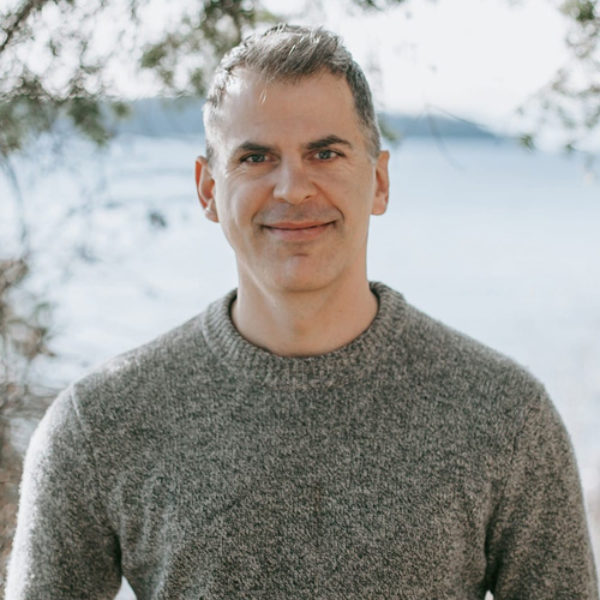During the meditation and dharma talk Eden explores this Zen teaching by Suzuki Roshi:
“When you do something, you should burn yourself completely, like a good bonfire, leaving no trace of yourself.”
How wholeheartedly are you showing up to life?
What most helps you to remember that THIS IS IT?
What helps you to see clearly that you might take the wise action that “leaves not a trace?”
What helps you to remember, in the face of the small stuff, to drop it and give yourself wholeheartedly to the moment, the task at hand, or to the one you are with?








Discussion